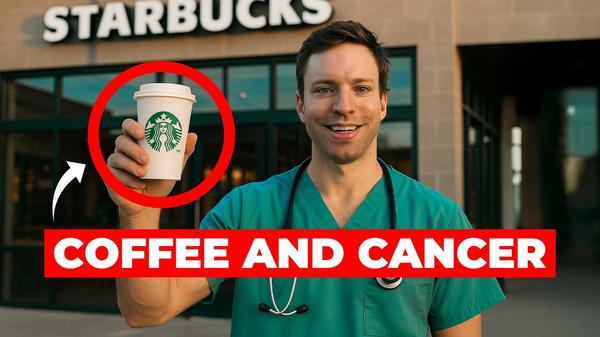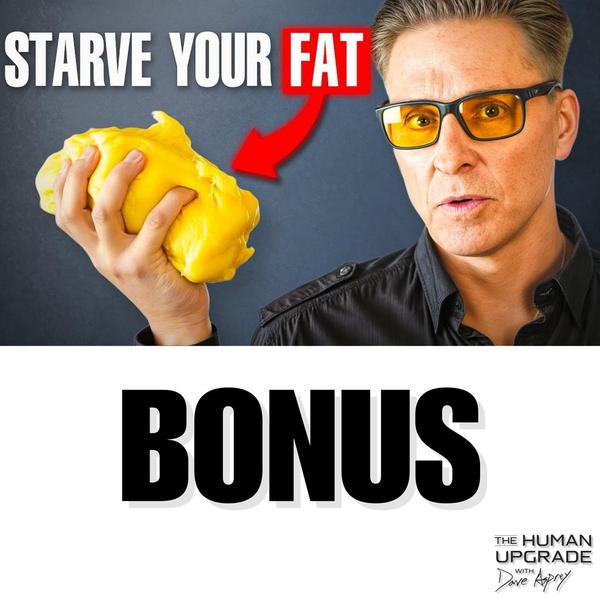AMA #66: Optimizing nutrition for health and longevity: myth of a “best” diet, complexities of nutrition science, and practical steps for building a sustainable diet
Peter Attia
Dec 9, 2024
Mindsip insights from this episode:
Research food with the same rigor as medicine for health validation
Food can't be considered medicine until it can be researched with the same rigor, because unlike a single-molecule drug, food is not a homogenous substance, making controlled studies difficult.
Focus on major dietary changes over minor details
The body is remarkably adept at dampening the effects of nutrition, which means many of the small dietary details people obsess over may not be that important.
Focus on calories, protein, and nutrients for effective nutrition
Once you account for total calories, protein content, and essential minerals and nutrients, most of the other dietary variables don't matter as much as people think.
Understand your unique carbohydrate tolerance for optimal health
Human tolerance for carbohydrates is staggeringly variable, allowing some people to function perfectly with almost no carbs and others to function well with a lot of carbs.
Scan liver to measure fat for nutritional insights
A fantastic and specific readout of your nutritional status is to get a scan of your liver to look for the accumulation of liver fat.
Track food intolerances by monitoring inflammation markers
You can identify non-celiac food intolerances by empirically eliminating and reintroducing foods while monitoring how inflammatory markers like C-reactive protein change.
Limit seafood intake to reduce mercury exposure
Eating a lot of seafood, especially large fish high on the food chain, can lead to a toxic excess of mercury.
Balance certainty and data quality in nutrition discussions
In nutrition, the ratio of certainty with which people speak to the actual quality of the scientific data is higher than in any other field of science.
More from
Peter Attia
AMA #78: Longevity interventions, exercise, diagnostic screening, and managing high apoB, hypertension, metabolic health, and more
Ketogenic diet, ketosis & hyperbaric oxygen: metabolic therapies for weight loss, cognition, Alzheimer's & more | Dom D'Agostino, Ph.D.
The evolutionary biology of testosterone: how it shapes male development and sex-based behavioral differences, | Carole Hooven, Ph.D.
The impact of gratitude, serving others, embracing mortality, and living intentionally | Walter Green (#288 rebroadcast)
Thyroid function and hypothyroidism: why current diagnosis and treatment fall short for many, and how new approaches are transforming care | Antonio Bianco, M.D., Ph.D.








